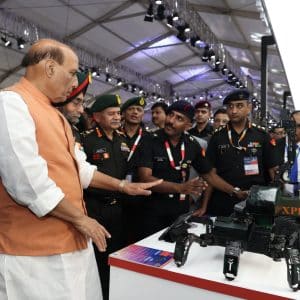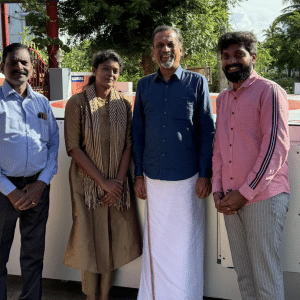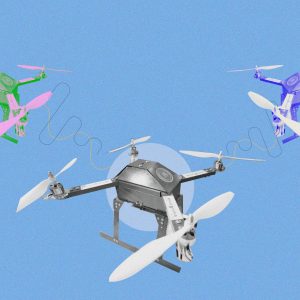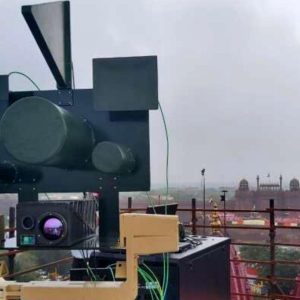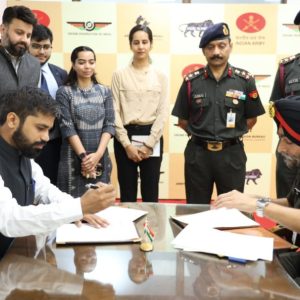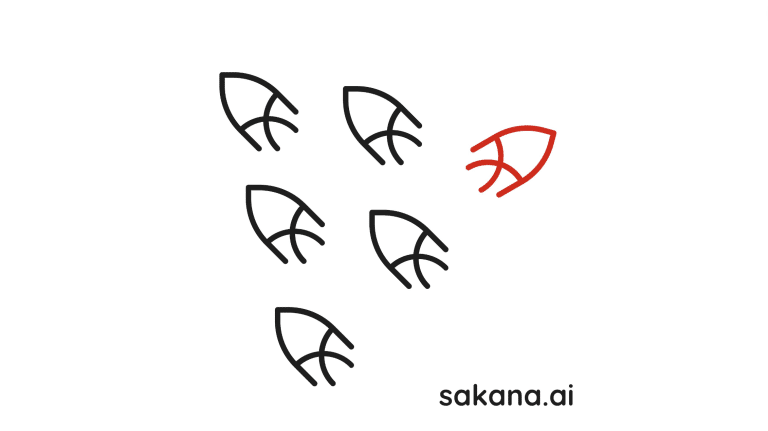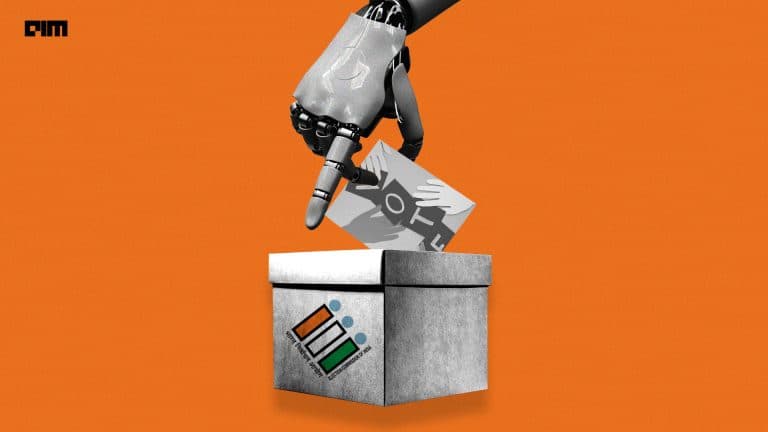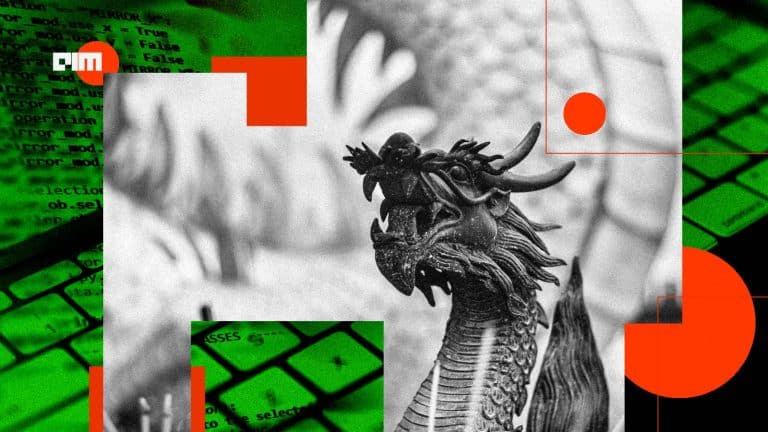For decades, India’s defense sector relied heavily on foreign suppliers for advanced weaponry and military technology, earning the country the distinction of being the world’s largest arms importer. However, a quiet yet powerful shift is now underway, as private Indian defense companies are gradually replacing foreign players by developing indigenous solutions.
With domestic production hitting ₹1.27 lakh crore and exports growing 30 times in a decade, the transformation has only enabled players such as Zen Technologies to thrive for more than three decades.
Ashok Atluri, chairman and managing director of Zen Technologies, highlighted this change, emphasising how policies like Indigenously Designed, Developed, and Manufactured (IDDM) and Make-2 have enabled Indian companies to step up.
“We were the guys who proposed ‘Buy Indian-IDDM’. You should not focus only on manufacturing, you should focus on owning the IP of the product. That was the way it started, and it changed the whole ecosystem,” said Atluri, in an exclusive interaction with AIM.
Encouraging Private Defense Players
Atluri believes that one of the most significant turning points in this shift came in 2014-15, when the late Manohar Parrikar, then Indian defense minister, introduced IDDM and Make-2 policies. Before this, procurement rules favored foreign vendors, requiring multiple suppliers for any government contract.
“Till Parrikar came, they used to ask for two or three vendors. But he said, ‘If under IDDM, even if there is one company, I will buy it.’ This encouraged a lot of companies to get deep into something, put in their money, make the product, and go to the Army and say, ‘Listen, I made this,’” he said.
This shift meant that Indian companies could now secure contracts even if they were the only domestic supplier, as long as they owned the IP. This incentivised R&D and reduced reliance on foreign manufacturers.
Simulation to Combat
India has made significant strides in military simulation, anti-drone technology, and advanced surveillance systems—areas previously dominated by international firms. Zen Technologies, for instance, has pioneered simulation-based training solutions and counter-drone technology.
Atluri pointed out how simulation has become an indispensable part of modern defense. “Simulation has suddenly become a buzzword, not only because of the training advantage and skill-building but also in terms of sustainability.” He cited research that found that a ₹15 crore investment in simulation training can result in ₹385 crore in long-term savings, making a strong case for indigenous solutions.
Founded in 1993 and headquartered in Hyderabad, the publicly-listed company is led by Atluri. The company develops advanced military simulators, anti-drone technologies, and live combat training equipment. With a strong focus on indigenous innovation, Zen Technologies has secured multiple government contracts and expanded its presence globally. In FY 24, the company reported a revenue of close to ₹500 crore.
AI in Defense
Beyond manufacturing, AI is playing an increasing role in modern warfare, and India is rapidly integrating AI into its defense strategy.
“We use AI extensively, for example, in identifying targets, video tracking, and even drone surveillance,” Atluri explained. AI-driven border security systems, autonomous drone defense, and battlefield simulations are becoming integral to national security.
He also highlighted the necessity of staying ahead in AI-driven warfare. “If I don’t use AI, the competition, or worse, the enemy will use it, and they will have a leap over us.”
However, concerns around over-reliance on AI in military decision-making remain. While some fear AI might take over critical defense functions, Atluri believes AI should be used primarily to reduce risks for soldiers. “We keep an automated gun somewhere so that soldiers don’t have to expose themselves. AI takes the enemy out of harm’s way.”
Challenges for Private Players
While private defense players are making significant inroads, the sector still faces several challenges. Investor skepticism, high capital requirements, and slow procurement processes continue to pose hurdles.
Atluri stressed the importance of quick government procurement to sustain innovation. “If you buy a product within a year, that company will survive and reinvest in product development. But if you drag it for three years, the company might not survive. It’s a great national loss.”
Another major challenge is sourcing components. While India is making progress in self-reliance, certain critical components still need to be imported. Atluri emphasised the importance of transparency in sourcing foreign components, stating that if certain materials are unavailable domestically, companies should clearly communicate this to the armed forces and seek guidance on the best course of action.
As Indian private defense firms strengthen their domestic presence, they are also expanding internationally.
“Africa is one region where we are really, really active. The second is the Middle East. And, now, the third is the CIS (Commonwealth of Independent States) countries because the Indian and Russian equipment is the same,” said Atluri, who also believes that this has opened up opportunities for Indian firms to compete directly with global defense giants.
“If you create a world-leading product here, you are not just selling in India, you are becoming a global champion,” he said.
Moreover, Indian defense companies are also entering the US market, a major milestone in positioning India as a global arms supplier. “We have started getting into America. We have set up an office there, and we are trying to get into that market. The export market is something we are very excited about,” Atluri concluded.







